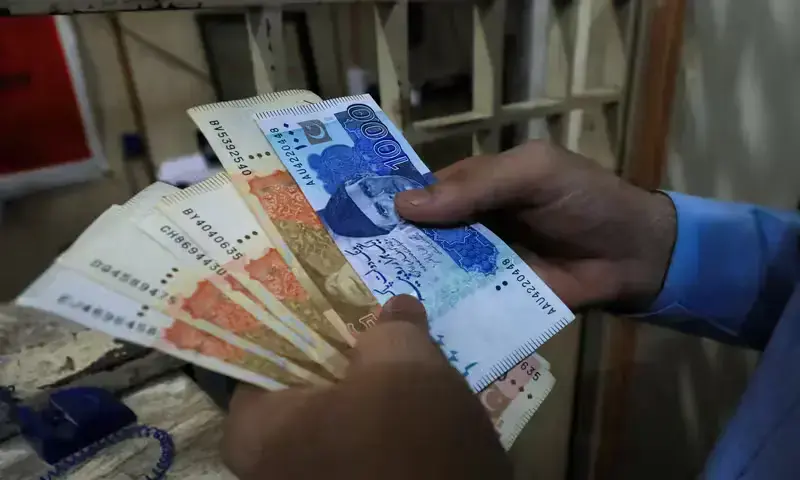Pakistan celebrates ‘historic’ restructuring of circular debt
In a spectacle that left many shaking their heads, Islamabad recently celebrated what officials hailed as “THE largest restructuring transaction in the history of Pakistan.” With grand declarations of being “historic,” “unprecedented,” and the “smoothest,” the event resembled a festive gathering, complete with confetti and an air of triumph.
The banks received accolades for their “continued contributions towards nation-building,” and it’s no wonder they were smiling. The newly implemented Debt Servicing Surcharge (DSS) will be added to consumer bills for the next six years, starting at Rs3.323 per unit, without any upper limit. This means consumers could see their bills rise as needed, delivering consistent profits to the banks each month.
Adding to the celebration was the approval from the International Monetary Fund (IMF), which provided a much-coveted endorsement for the deal. This nod from the IMF allowed policymakers to bask in the glow of international validation, despite the underlying issues that remain unaddressed.
Ironically, while ministers praised the restructuring, a report on circular debt for July 2025 revealed an additional Rs47 billion added to the ongoing crisis, despite the DSS being in place. The surcharge only covers interest payments and does not tackle the root causes of inefficiencies, theft, and under-recoveries in the energy sector, which alone incurred losses of Rs87 billion in July.
This latest move is seen as a temporary fix rather than genuine reform. Consumers will bear the burden of a problem they did not create, locked into these surcharges for the next six years. Observers suggest that what Pakistan truly needs is accountability and genuine reform, rather than celebratory events.
As the energy landscape evolves with new technologies like solar energy, the assumptions behind this restructuring may quickly become outdated. Six years from now, the circular debt could still pose a significant challenge to consumers.
Yet, for now, the celebration continues, with leaders applauding their own efforts in the face of a mounting debt crisis. In Pakistan, the response to debt seems less about resolution and more about revelry.
For the latest news, follow us on Twitter @Aaj_Urdu. We are also on Facebook, Instagram and YouTube.

























Comments are closed on this story.